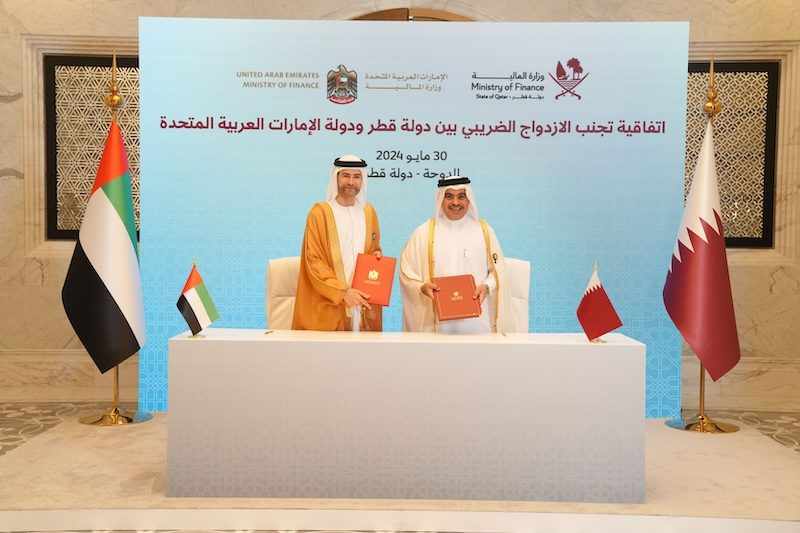Credit FAQ: Dubai’s debt reduction strengthens government balance sheet
- Date: 22-May-2023
- Source: Zawya
- Sector:Financial Services
- Country:UAE
Credit FAQ: Dubai’s debt reduction strengthens government balance sheet
We forecast a reduction in government debt to about 51% of GDP in 2023 from a cyclical high of 78% in 2020. The government's debt stock could fall even faster if the reduction in nominal debt, which occurred in 2021 and to a more significant extent in 2022, continues over the coming years.
Nevertheless, broader public sector debt will remain high at about 100% of GDP, when considering liabilities from nonfinancial government-related entities (GREs) of about 48% of GDP.
This year, we expect Dubai's real GDP to expand about 3%, while local and United Arab Emirates (UAE)-wide structural and social reforms and programs should support longer-term growth.
In this article, S&P Global Ratings responds to frequently asked questions from investors on how we view Dubai's economic fundamentals from a credit perspective. This is also important for the analysis of the Dubai-based issuers we rate. Since we do not rate Dubai itself, our views are based on publicly available information.
Frequently Asked Questions
What are Dubai's economic growth prospects?
We expect Dubai's relatively well-diversified and service-oriented economy to expand about 3.0% in 2023, slowing from an estimated 5.0% in 2022 and 6.2% in 2021. In our view, this year will be more reflective of regular economic activity





















